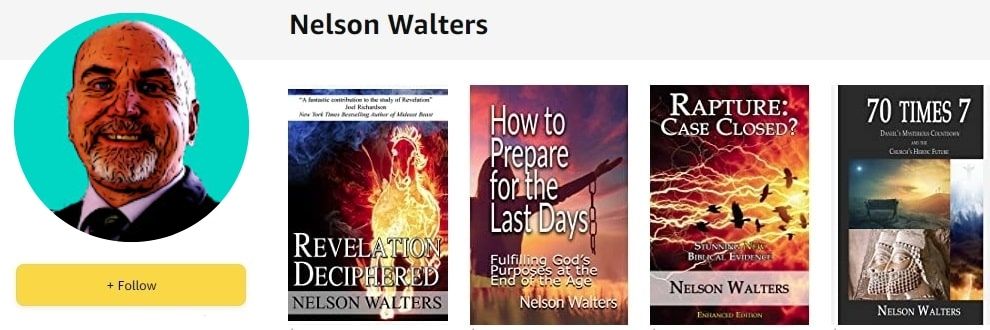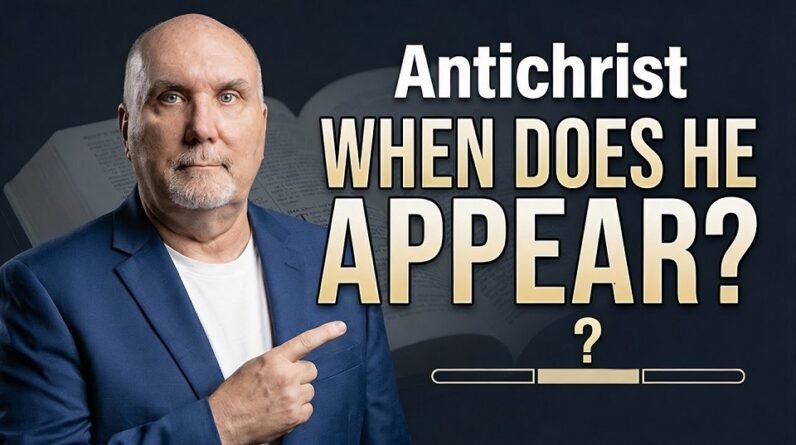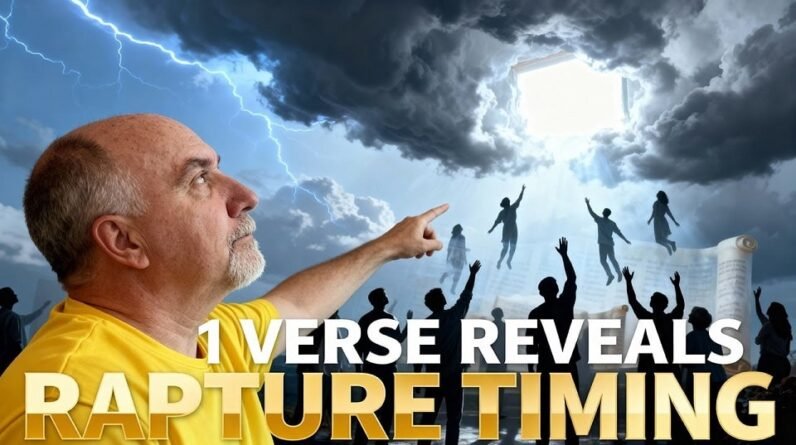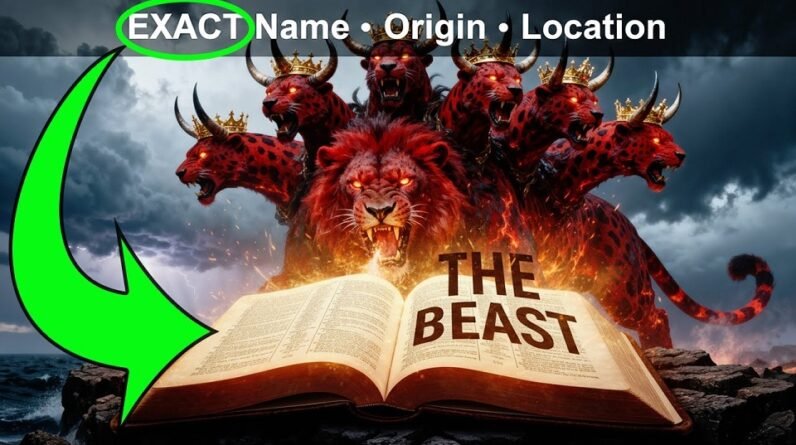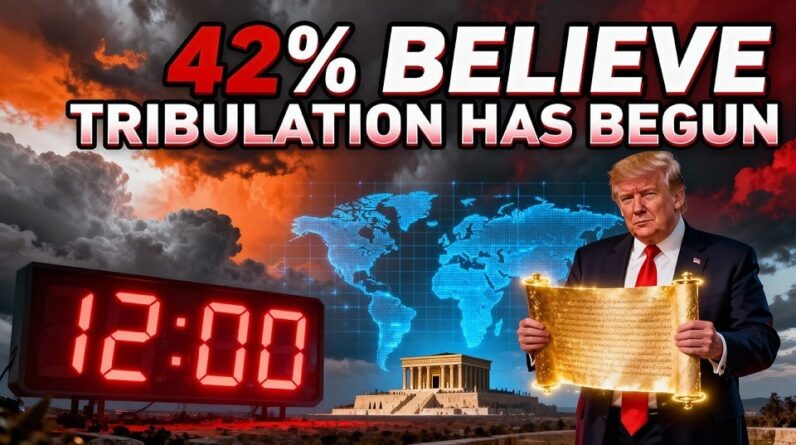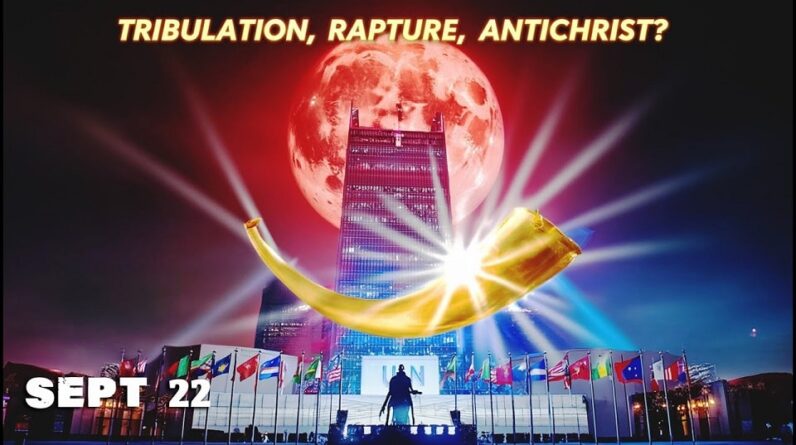Have you ever felt the world tilt just slightly—like something’s off but you can’t quite put your finger on it? That’s the vibe Nelson Walters taps into with his video, Bible Prophecies for 2025. It’s not your average “end times” talk. No, this one hits different. Walters doesn’t just rattle off prophetic checklists; he digs deep into why these things matter and, maybe more importantly, how they’re meant to shake us awake. Spoiler alert: it’s not just doom and gloom—it’s about hope, but with a twist of urgency that lingers like the smell of rain before a storm.
Prophecy: More Than a Crystal Ball?
Let’s start with the big question Walters poses: Why did God give us all these prophecies? At first, it seems obvious—so we’d know what’s coming, right? Like packing an umbrella because the weather app says it’s going to pour. But Walters flips that. He says prophecy isn’t just a divine forecast; it’s a billboard pointing to Jesus. Revelation 19:10 backs him up: “The testimony of Jesus is the spirit of prophecy.” It’s like God left breadcrumbs across history, each one whispering, “Look—this is all leading somewhere.”
And people are noticing. Walters mentions that Bible sales are up 22% (yes, even in this age of TikTok and cat memes). Folks are hungry for answers, probably because the headlines these days read like the prologue to a dystopian novel. But Walters insists this isn’t just about knowing—it’s about doing. Prophecies are tools, he says, not trophies to admire on a theological shelf.
What Is Apocalyptic Evangelism Anyway?
Here’s where it gets juicy. Walters introduces something he calls “apocalyptic evangelism.” Sounds intense, right? And it kind of is. It’s about recognizing prophetic events as they unfold—fires, wars, you name it—and using them to spark conversations about Jesus. Walters tells this story about his friend Jonathan in California, who witnessed the wildfires firsthand (crazy visuals and all). When Jonathan’s Jewish boss freaked out, wondering if this was the end of the world, he calmly connected the dots back to Scripture. No shouting. No “turn or burn” rhetoric. Just questions and gentle nudges.
It’s not just about being a walking Bible trivia machine, though. Walters says the key is asking permission. Like, literally asking someone, “Can I share what God thinks about this?” It’s disarming. You’re not lecturing—you’re inviting. It’s subtle but powerful, like a well-placed hook in a song.
Bible Prophecies for 2025: The Year of Unfolding?
Okay, buckle up. Walters drops some heavy stuff about what might go down in 2025. He talks about the United Nations possibly dividing Israel’s land, referencing Joel 3:2 (which feels eerily specific, honestly). If that happens, Walters predicts it’ll be headline news, a watercooler moment (or, let’s be real, a trending hashtag). And Christians? We’d better be ready to explain what’s really going on. Walters says this could be a pivotal moment for conversations about prophecy, but it requires knowing a few key verses—like Daniel 9:27 and Revelation 11:1-2. No need to memorize them (thank goodness), but have them bookmarked or saved on your phone.
And then there’s the technology angle, which Walters says makes prophecies that once sounded wild totally plausible now. Remember Revelation 11, where the whole world watches the two witnesses in Jerusalem? Thanks to satellites and smartphones, that’s not science fiction anymore. Walters even throws in a historical twist, mentioning how figures like Isaac Newton and Horatius Bonar struggled to imagine how such events could be possible. (Side note: I had no idea Newton wrote three million words on Bible prophecy. Imagine that guy with a blog.)
The Mark of the Beast and Beyond
Ah, the infamous Mark of the Beast. Walters dives into Revelation 13, where it says no one can buy or sell without this mark. He connects it to digital currencies and biometric tech—the kind of stuff you see casually mentioned in finance articles but feels unsettling when framed this way. Walters doesn’t say it’s happening right now, but he asks a provocative question: Why would a biblical writer 2,000 years ago describe something so specific—and seemingly impossible—unless it was divinely inspired? It’s a mic-drop moment, really.
But Walters warns not to expect instant conversions from skeptics. Plant seeds, he says. Use questions, not debates. If someone dismisses the Bible as a fairy tale, flip the script. Bring up Newton or Bonar and how even brilliant minds questioned prophecies they couldn’t comprehend in their time. It’s about moving the conversation into your zone, where the Bible starts to feel less like a relic and more like a roadmap.
Are We Ready?
By the end, Walters circles back to the big picture. These prophecies aren’t just intellectual exercises—they’re calls to action. He urges Christians to get equipped now, not later, because when these events happen (and he’s pretty confident they will), we’ll need to be ready to point people to Jesus. Walters leaves us with a challenge: don’t just watch the news—read it alongside your Bible. Because if he’s right, 2025 might not just be another year. It could be the year.
And that, honestly, feels both exhilarating and a little terrifying.
Stay Alert with Revelation Explained
Biblical prophecy with current events, stay alert to these potential end-time signs at Revelation Explained. Thanks for watching Bible Prophecies for 2025 Unveiled
Stay Informed with Nelson Walters
Last Days Overcomer Website – https://lastdaysovercomer.org/about-us/

